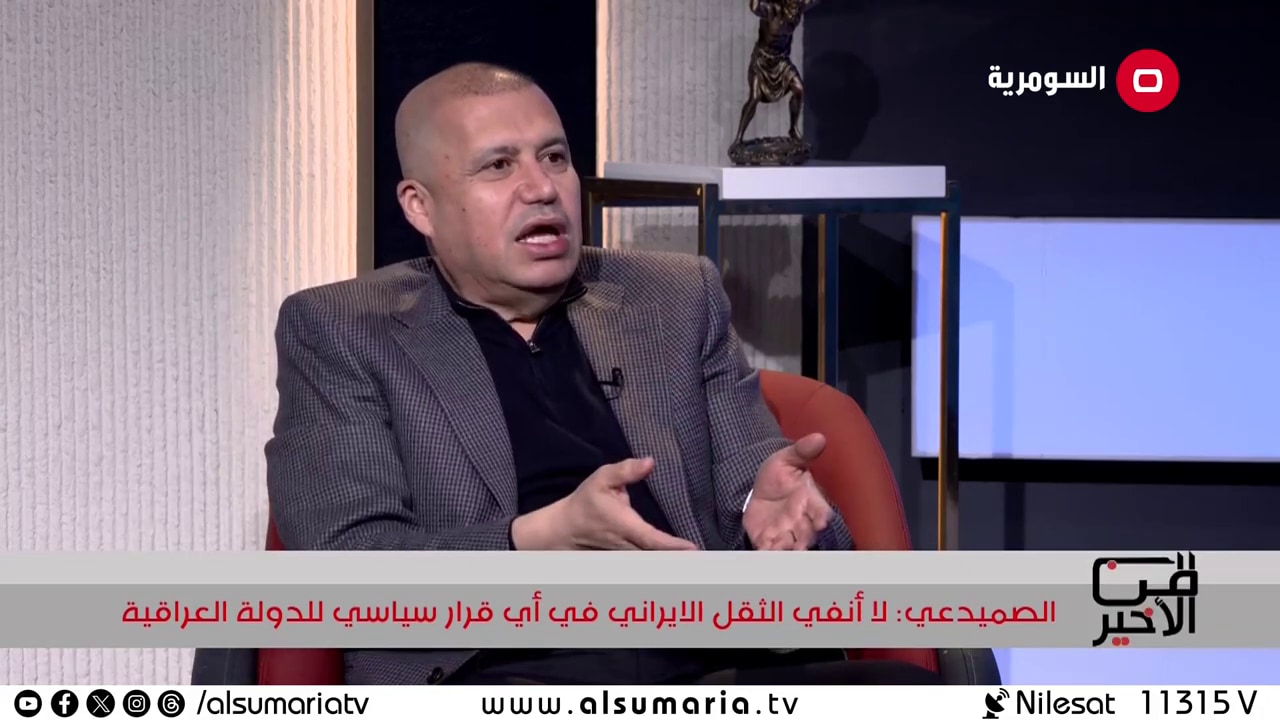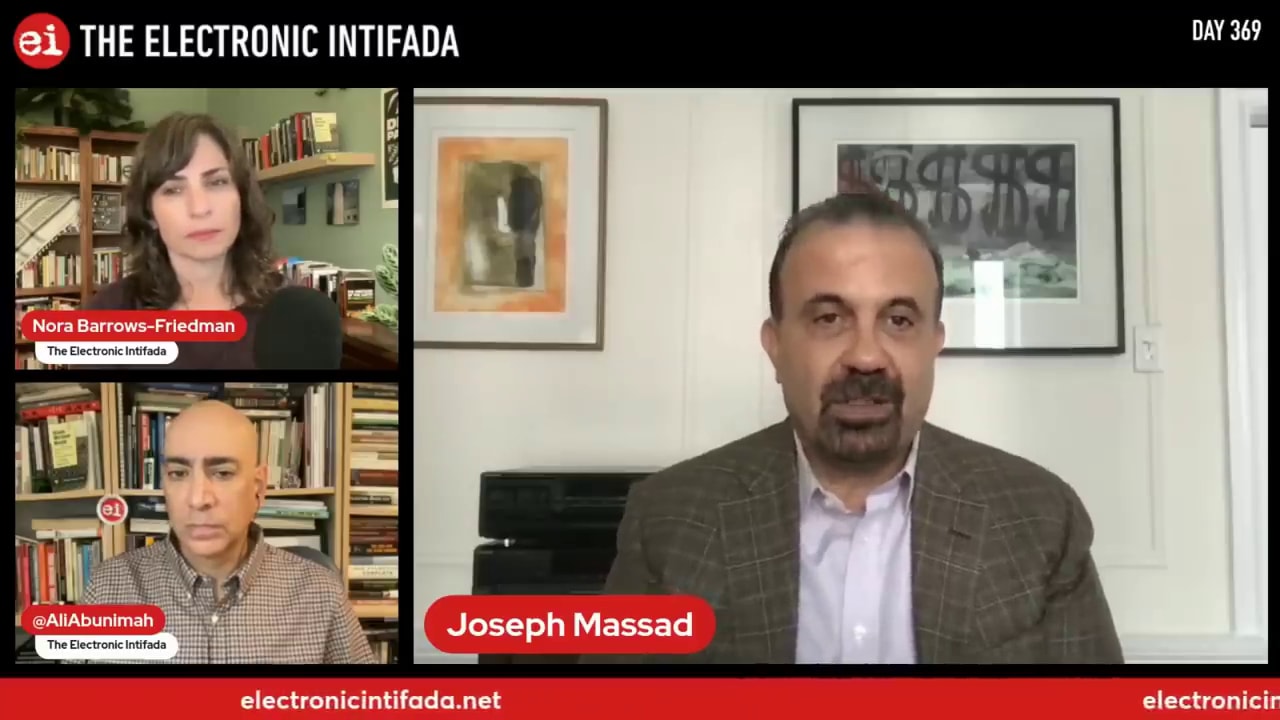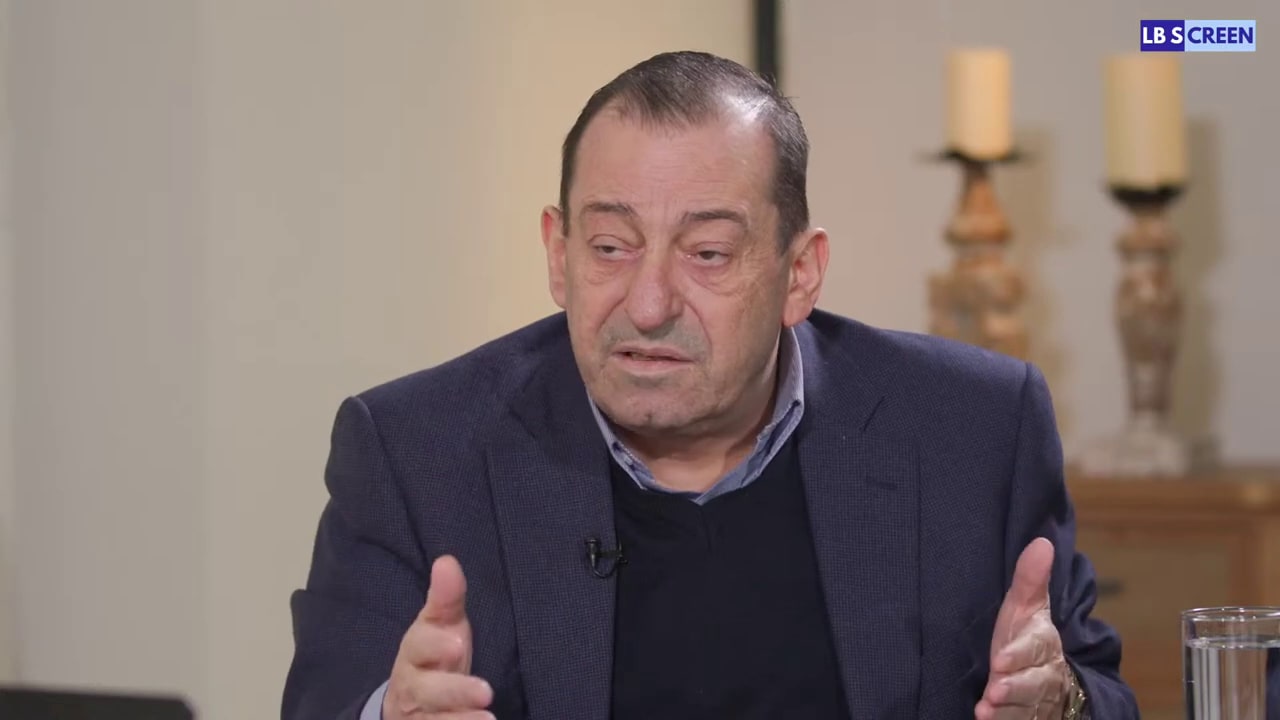
Akram Al-Kaabi, commander of the Shiite Iraqi Al-Nujaba Movement (a.k.a. Iraqi Hizbullah), recently said that the group's military activity would continue after the liberation of Mosul from ISIS. "Will we be drying up the springs of ISIS and Al-Qaeda merely by taking military control?" he asked rhetorically, during a November 5 interview on Al-Sumaria TV. "There will still be work against the sleeper cells in all Iraqi cities."
Following are excerpts
Interviewer: We know that the Popular Mobilization Units [PMU] are subordinate to the government. That's fine, but there are also factions within the PMU that admit to being financed directly by Iran.
Akram Al-Kaabi: Right.
Interviewer: This is a violation of the law, of accepted norms, of the rules of diplomacy, and so on.
Akram Al-Kaabi: First of all, the factions supervise brigades within the PMU. They convey their knowledge and expertise to these brigades.
[...]
Interviewer: You and other factions are financed by Iran. You have ideological, administrative, and financial relations with Iran, right?
Akram Al-Kaabi: We do not deny this. It's true.
Interviewer: So why can't the National Mobilization Forces take money from Turkey? What's the difference? Is it because the Iranians are Shiites and the Turks aren't?
Akram Al-Kaabi: First of all, are we from Iran or what? By the way, there are Christian brothers who are financed by the Vatican. Are they not Iraqi citizens anymore? There are Christian Iraqis whose source of authority is not in Iraq, but in the Vatican, and they go there all the time. Some of them are members of the PMU. This ideological aspect does not mean that you have a foreign connection at the expense of your loyalty to your country.
Interviewer:So what's the difference?
Akram Al-Kaabi: First of all, we are Shiites, and in Shia Islam, there are schools and sources of authority, and it's normal to follow a non-Iraqi source of authority. If you examine history, you'll see that out of the four Islamic doctrines, three were Iranian and only one was Arab. Do only Arabs qualify as Muslims? That is unreasonable. Islam is a universal religion, a religion for all the people.
[...]
In religious matters, we are instructed by the Iraqi source of authority [Ayatollah Sistani], in accordance with the guidance of the Ruler-Jurisprudent [Khamenei]. Our political and military activity is instructed by the Iraqi government - again, in accordance with the guidance of the Ruler-Jurisprudent.
Interviewer: We ask Saudi Arabia not to intervene in our internal affairs, but we agree to Iranian intervention. You said that they provide you with weapons and money. What else is left?
Akram Al-Kaabi: There are different kinds of intervention. If any neighboring country wants to intervene, in order to target Iraq and destroy its security - this kind of intervention is unacceptable. But if someone supports me because we have a shared goal - a goal that I consider to be sacred - this is a good thing.
Interviewer: [Former Governor of Mosul] Atheel Al-Nujeifi believes that Turkey supports him for the sake of a lofty goal: the liberation of his land.
Akram Al-Kaabi: He was supposed to protect Mosul from the start. Mosul wasn't meant to fall like that. He and the group of politicians in Mosul were not supposed to incite the people against the security forces and the Iraqi government, to the point that Mosul became easy prey for ISIS. ISIS, then called Al-Qaeda, had a presence in all the institutions of the local government. Officials heading security agencies and police officers were ISIS members.
[...]
Interviewer: Will you give up your armed activity when the Iraqi lands are liberated from ISIS?
Akram Al-Kaabi: Our armed activity depends on whether there is or isn't a danger. We are not talking about whether ISIS is finished or concentrates on Iraq's border, but on whether the danger is over or not.
[...]
Interviewer:
Will we be drying up the springs of ISIS and Al-Qaeda merely by taking military control? There will still be work against the sleeper cells in all Iraqi cities.
[...]














